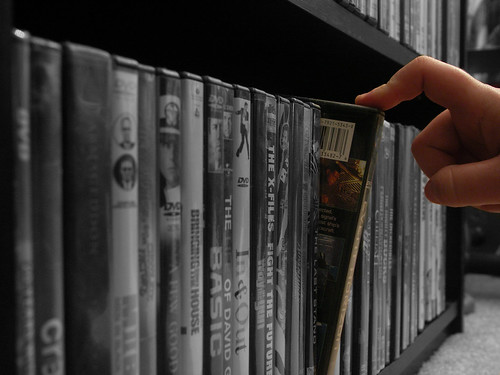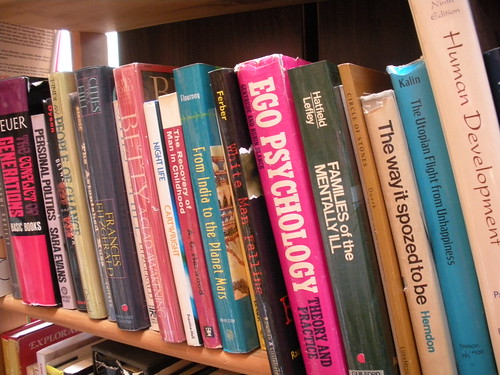
Movie Review: Inside out (2015)
11 year old Riley has a lot going on for her, she is moving to a new town, leaving behind her friends, her sports team, and her school. There are little voices inside of Riley's head- the feelings, the memories, and the core memories.
And "joy" is busy inside her keeping her happy. Of course fear, disgust, sadness, and anger have been keeping "joy" company as Riley has been growing up, but her emotions have been fairly simple to date. That is until "sadness" plays out of turn and both "sadness" and "joy" go missing from her control centre in the brain. The movie takes the audience of adventure between childhood and adolescence, and we finally realise that happiness/joy can't dominate our life, and sadness or even more complex emotions can be quite useful for us.
Sometimes we have to let go of being happy all the time, because other emotions have their place too.
11 year old Riley has a lot going on for her, she is moving to a new town, leaving behind her friends, her sports team, and her school. There are little voices inside of Riley's head- the feelings, the memories, and the core memories.
And "joy" is busy inside her keeping her happy. Of course fear, disgust, sadness, and anger have been keeping "joy" company as Riley has been growing up, but her emotions have been fairly simple to date. That is until "sadness" plays out of turn and both "sadness" and "joy" go missing from her control centre in the brain. The movie takes the audience of adventure between childhood and adolescence, and we finally realise that happiness/joy can't dominate our life, and sadness or even more complex emotions can be quite useful for us.
Sometimes we have to let go of being happy all the time, because other emotions have their place too.
My psychological perspective:
As a therapist, this movie is a fantastic resource. It's a great way to introduce the topic of emotions to children and adolescents, it is also a useful way to begin conversations about cognitive processes.
From an emotional intelligence perspective, the movie brings out the development of different emotional expression. The movie is surprisingly accurate at a gross level. Children do have more simple emotions that are quick to change and predictable. As children bridge the gap to adolescence, there is a hypothesised "storm and norm" period, and this movie was able to capture this adventurous journey to creating a new control centre of the brain.
The movie also captures interesting cognitive processes of short term memory, long term memory and even personality development due to core memories. I thought it was quite clever in it's execution.
Topics to talk to your kids about
Feelings, sadness, joy, fear, growing up
From an emotional intelligence perspective, the movie brings out the development of different emotional expression. The movie is surprisingly accurate at a gross level. Children do have more simple emotions that are quick to change and predictable. As children bridge the gap to adolescence, there is a hypothesised "storm and norm" period, and this movie was able to capture this adventurous journey to creating a new control centre of the brain.
The movie also captures interesting cognitive processes of short term memory, long term memory and even personality development due to core memories. I thought it was quite clever in it's execution.
Topics to talk to your kids about
Feelings, sadness, joy, fear, growing up
My Christian Perspective:
From my Christian perspective, I think it is also an opportunity to talk about bullying. Sometimes, no most of the time it feels good just to have positive affect. And we do things that provide us with immediate pleasure. However, we are called to set our eyes on longer term things, even if this results in shorter term disappointments.
My overall rating:
This is a fantastic resource or was an extremely great use of time.
This is a great resource for therapists and parents of children and adolescents. I strongly recommend seeing this movie this school holidays and getting a copy when the movie comes out on DVD. I will surely be referring to it in session with my clients.














